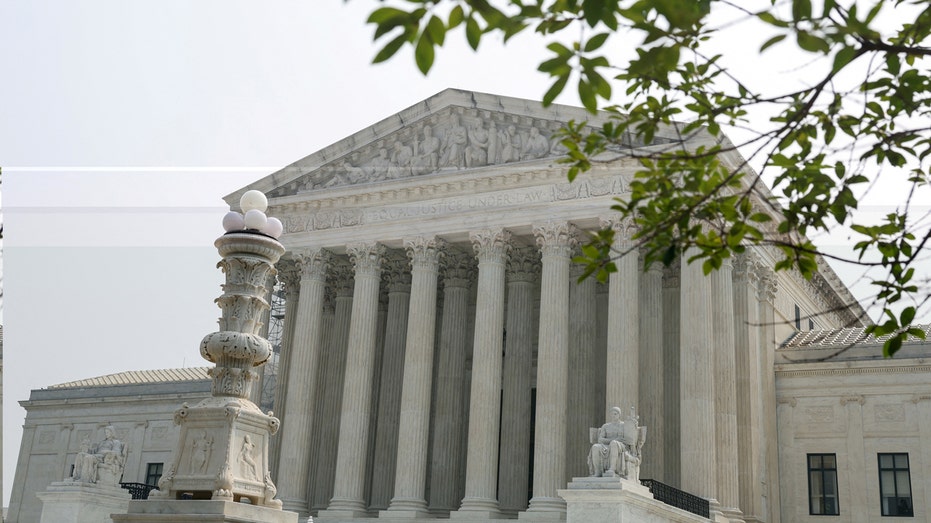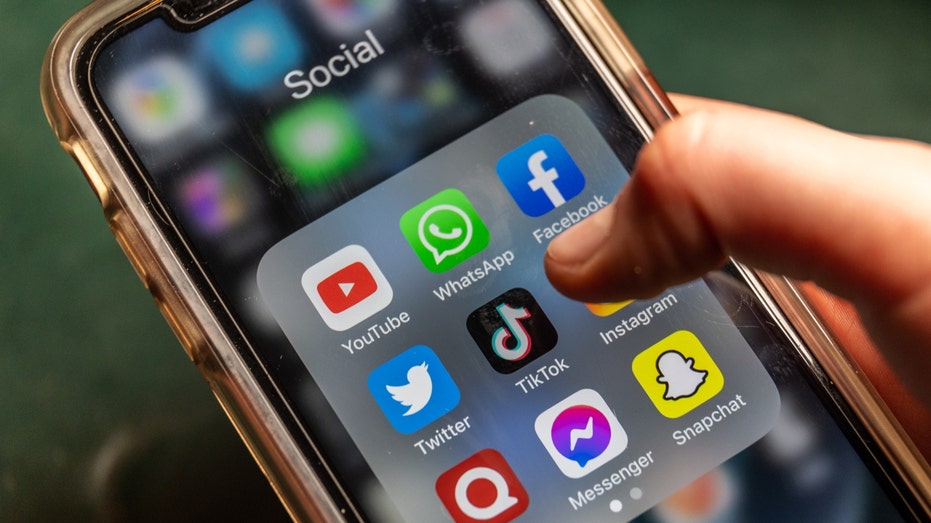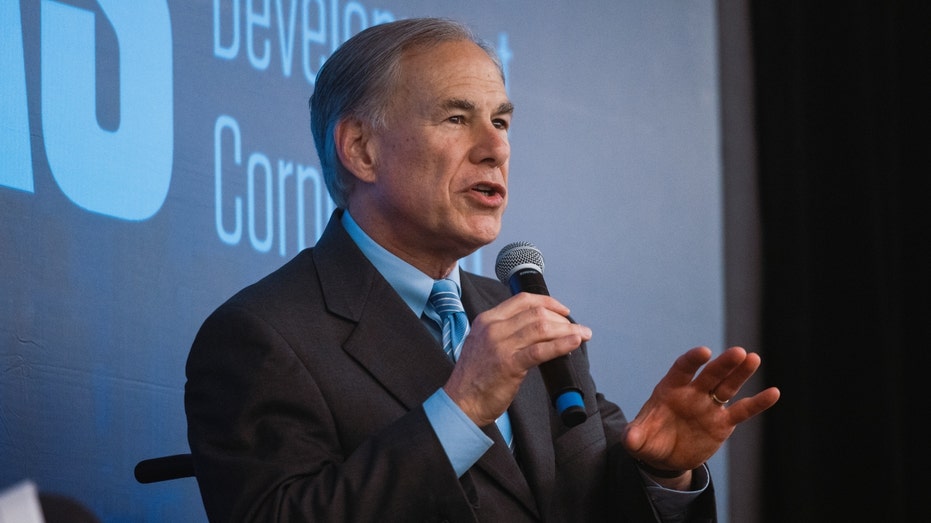The U.S. Supreme Court on Friday agreed to hear a free speech case challenging anti-censorship laws passed by Republicans in Texas and Florida that target social media companies.
Industry trade groups representing Facebook parent Meta, Alphabet, which owns YouTube, TikTok and X, formerly known as Twitter, claim that laws restricting content-moderation policies of large social media platforms violate the First Amendment. Lower courts have issued split decisions, striking down key provisions of the Florida law while upholding the Texas measure.
Computer & Communications Industry Association (CCIA) President Matt Schruers celebrated the court’s decision to review their lawsuit.
| Ticker | Security | Last | Change | Change % |
|---|---|---|---|---|
| META | META PLATFORMS INC. | 300.21 | -3.75 | -1.23% |
| GOOG | ALPHABET INC. | 131.85 | -1.28 | -0.96% |
“It is high time that the Supreme Court resolves whether governments can force websites to publish dangerous content. Telling private websites they must give equal treatment to extremist hate isn’t just unwise, it is unconstitutional, and we look forward to demonstrating that to the court,” Schruers said.

The U.S. Supreme Court is pictured after ruling against race-based college admissions at Harvard and UNC on June 29, 2023, in Washington, D.C. (REUTERS/Evelyn Hockstein / Reuters Photos)
Republicans backing these laws say that Silicon Valley liberals controlling social media companies have silenced conservative voices and abused content moderation rules to suppress dissenting views. Advocates for content moderation counter that these policies are necessary to stop the spread of misinformation and fight hate speech.
President Biden, a Democrat, asked the justices in a court filing to review the cases, arguing that these state laws burden the rights of companies.
“When a social media platform selects, edits and arranges third-party speech for presentation to the public, it engages in activity protected by the First Amendment,” the Department of Justice said.
The cases test the argument made by the industry groups that the First Amendment protects the editorial discretion of the social media platforms and prohibits governments from forcing companies to publish content against their will. The companies have said that without editorial discretion their websites would be overrun with spam, bullying, extremism and hate speech.

In this photo illustration the logo of Chinese online social media and video hosting service TikTok is displayed on a smartphone screen alongside that of that of YouTube, instant messaging software Whatsapp Facebook, Twitter, Instagram, Quora, Facebo ((Photo by Matt Cardy/Getty Images) / Getty Images)
Conservative critics of Big Tech companies have cited as an example of what they called censorship the decision by the platform previously called Twitter to suspend then-President Donald Trump shortly after the Jan. 6, 2021, riot at the U.S. Capitol by his supporters, with the company citing “the risk of further incitement of violence.” Trump’s account has since been reinstated under Elon Musk, who now owns the renamed company.
The Texas law, as written, prohibits “viewpoint-based censorship by some social media platforms,” asserting, “Each person in this state has a fundamental interest in the free exchange of ideas and information, including the freedom of others to share and receive ideas and information,” and the Lone Star state has a “fundamental interest in protecting the free exchange of ideas and information.”
When he signed the law in 2021, Texas Gov. Greg Abbott said, “There is a dangerous movement by some social media companies to silence conservative ideas and values. This is wrong, and we will not allow it in Texas.”
A similar law in Florida requires large tech platforms to “host some speech that they might otherwise prefer not to host” and prohibits the censorship or deplatforming of a political candidate or “journalistic enterprise.”

Greg Abbott, governor of Texas, signed a law in 2021 that prohibits “viewpoint-based censorship by social media platforms.” (Photographer: Jordan Vonderhaar/Bloomberg via Getty Images / Getty Images)
“Online services have a well-established First Amendment right to host, curate and share content as they see fit. The internet is a vital platform for free expression, and it must remain free from government censorship,” NetChoice litigation director Chris Marchese said.
The Texas and Florida attorney generals’ offices did not immediately respond to a request for comment.
A previous ruling by the 11th Circuit of Appeals invalidated Florida’s anti-censorship law, finding that social-media companies are “private actors” whose “content-moderation” decisions constitute “protected exercises of editorial judgment” under the First Amendment.
The Supreme Court is expected to hear the Florida and Texas cases in its next nine-month term, which begins on Monday.
